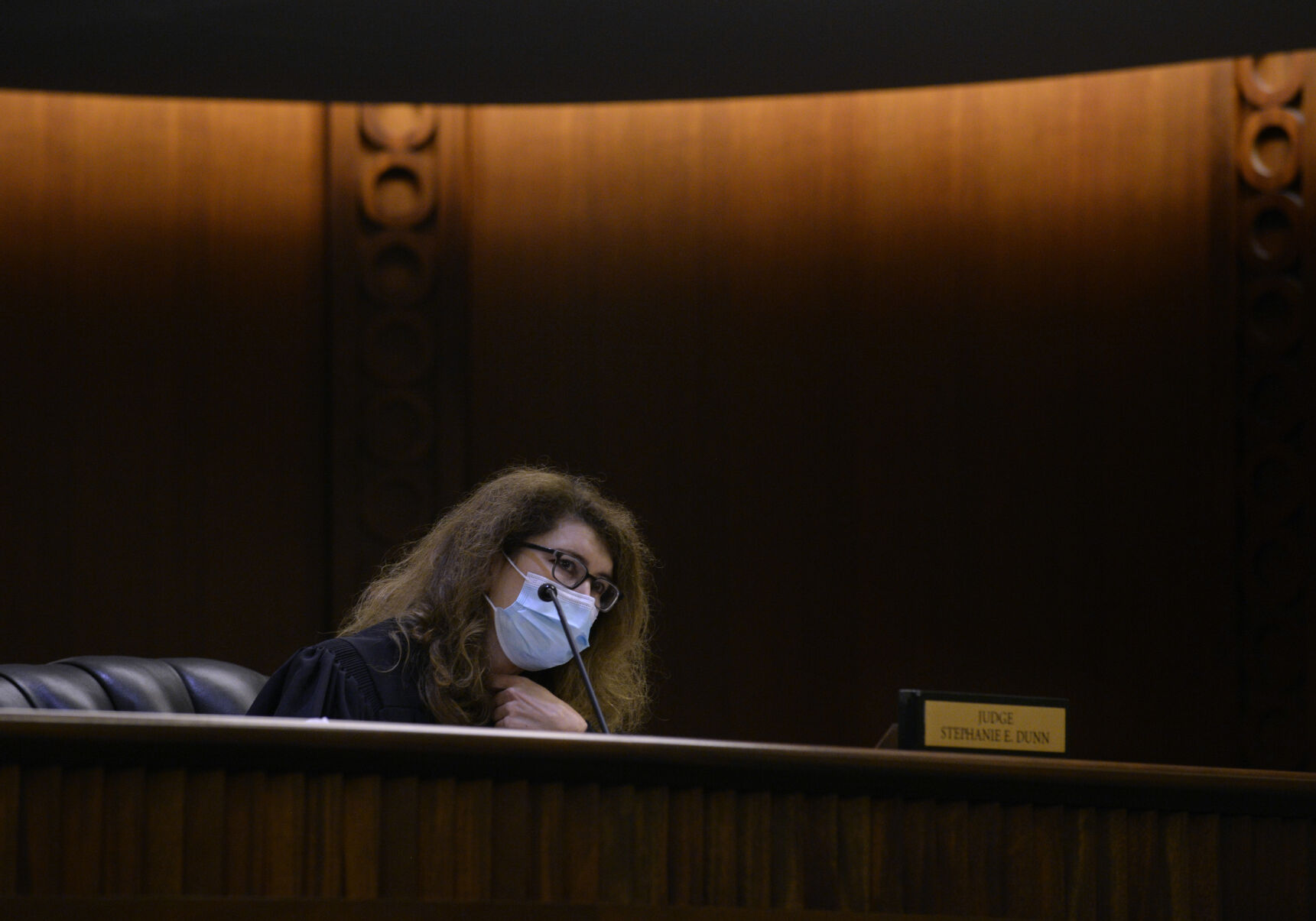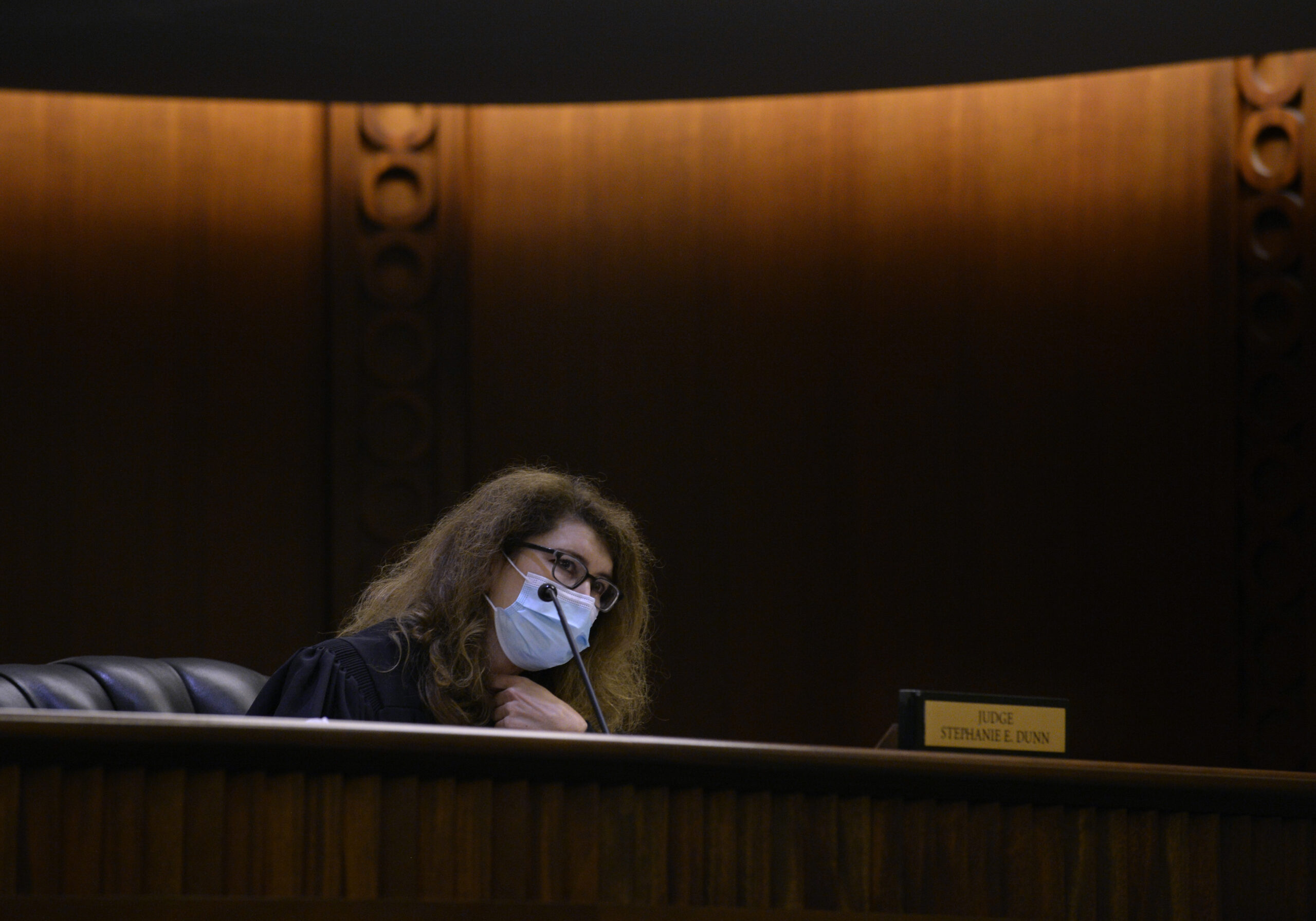Fremont County murder conviction reversed due to faulty jury instruction

A man convicted of murdering his housemate when he shot a gun through his basement ceiling will receive a new trial, as Colorado’s second-highest court determined a Fremont County judge gave jurors an instruction that violated the defendant’s constitutional rights.
Thomas Randall Addington is serving a 38-year prison sentence after jurors convicted him of murdering Amanda Yellico. Although Addington had permitted Yellico to stay with him at his Florence home, he was angry that she would not leave and yelled at her to get out.
From his basement, he fired 15 shots with a semiautomatic rifle into the ceiling. A bullet fragment struck Yellico upstairs, causing her death. Addington was unaware of what happened until police arrived later.
Case: People v. Addington
Decided: October 5, 2023
Jurisdiction: Fremont County
Ruling: 3-0
Judges: Stephanie Dunn (author)
John Daniel Dailey
Elizabeth L. Harris
Background: State Supreme Court rules home-defense law applied to Colorado Springs man who killed intruder
At trial, Addington invoked the “Make My Day” defense. Under Colorado law, a person is justified in using deadly force against a home intruder when there is an unlawful entry, a belief that the intruder has committed or will commit some other crime, and a reasonable perception the intruder may use force themselves.
However, Addington’s jurors appeared confused. They wondered how Yellico could have entered Addington’s house unlawfully if she had been living with him up to her death.
In response, prosecutors drafted a jury instruction based on the state’s eviction laws.
“Any person in possession of real property with the agreement of the owner is presumed to be a tenant at will until the contrary is shown,” the instruction read, with additional details about how a landlord may end the tenancy.
Over the defense’s objection, District Court Judge Lynette M. Wenner gave the instruction to address jurors’ questions about “what it takes to be properly in someone’s home.”
On appeal, Addington argued the tenant-at-will instruction was irrelevant to his criminal case and, more problematically, violated his constitutional right to due process. Because the Make My Day law provided Addington an affirmative defense, the prosecution had to prove beyond a reasonable doubt that at least one component did not apply.
The disputed instruction effectively told jurors Yellico was a tenant – and lawfully inside the home – unless Addington proved she was not.
The government minimized the significance of the instruction, arguing it gave jurors a “reference point” for deciding if Yellico was an unlawful intruder.
“Put differently, even as a tenant, it was still possible for Yellico to exceed the scope of her license or privilege to possess the property,” wrote Assistant Attorney General Hanna Bustillo, without elaborating how Addington could have proven Yellico was unauthorized to be there.
A three-judge panel for the Court of Appeals agreed with Addington that the tenant-at-will instruction required the defense to prove Yellico was an unlawful intruder. Otherwise, by default, the prosecution would succeed at poking a hole in Addington’s Make My Day defense.
“And because the lawfulness of the victim’s presence was disputed at trial, we can’t say that the instructional error didn’t contribute to the conviction,” wrote Judge Stephanie Dunn in the Oct. 5 opinion.
The panel ordered a new trial for Addington.
The case is People v. Addington.














